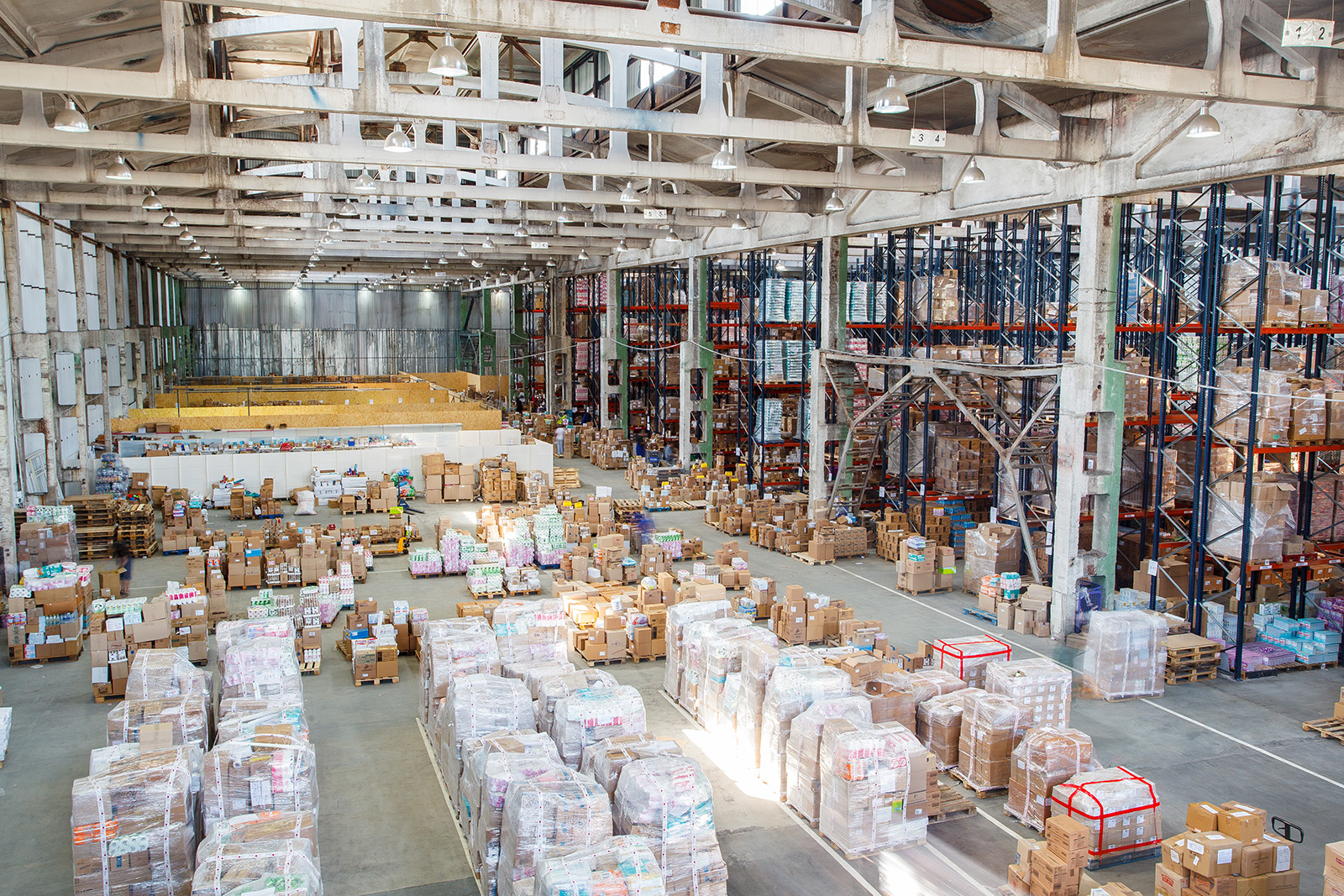In 2018, the United Nations General Assembly proclaimed that World Food Safety Day would be celebrated annually on June 7. It is an internationally recognised day that aims to create awareness of global food safety and security issues. One of the primary goals of the day is to motivate action in the prevention and detection of foodborne risks, advocating for safe food practices through all stages of the food supply chain.
The theme for this year’s day is “Safe food today for a healthy tomorrow”, recognising that the production, storage, preparation, and consumption of safe food has immediate and long-term benefits for human health, economic prosperity and the environment. But with the events of the last year or so in mind, we wanted to ask “what happens to food security in times of global pandemic or civil unrest?”
Food safety and security is something we can take for granted. However, foodborne diseases can affect people of all ages. People who live in low-income countries are at higher risk of contracting foodborne diseases due to insufficient access to safe food. Foodborne diseases place pressure on health care systems and impact socio-economic growth, trade and tourism. The World Health Organization estimates that over 600 million people become sick and 420 000 people die each year from eating food contaminated with bacteria, viruses, parasites, toxins or chemicals[1]A guide to World Food Safety Day 2021, pg 6 http://www.fao.org/3/cb3404en/cb3404en.pdf. This data may only represent only a small fraction of the real number of illnesses and deaths due to the fact that comprehensive monitoring and studies of foodborne illnesses is not available everywhere.
The COVID-19 pandemic has brought a clear global awareness to the importance of hygiene. It has also brought focus on other food safety-related topics such as “antimicrobial resistance, zoonotic diseases, climate change, food fraud, and the benefits of digitalizing food systems”[2]A guide to World Food Safety Day 2021, pg 6 http://www.fao.org/3/cb3404en/cb3404en.pdf. It has shown that disruptions to the food supply chain need to be minimised in order to ensure that people have reliable access to safe and nutritious food. It has also shown that in a food supply chain that has become more complex and interconnected, a food safety incident in one country can have consequences to health and the economy globally.
COVID-19 has also increased the number of people facing serious food insecurity. In 2021, the World Food Programme (WFP) estimates that “296 million people in the 35 countries where it works are without sufficient food—111 million more people than in April 2020”[3]Food Security and COVID-19 https://www.worldbank.org/en/topic/agriculture/brief/food-security-and-covid-19. According to the World Bank, global food prices have risen by 38% since January 2020[4]Food Security and COVID-19 https://www.worldbank.org/en/topic/agriculture/brief/food-security-and-covid-19. Higher retail costs together with reduced household incomes, are forcing more people to reduce the quantity and quality of their food.
Rising food prices have a heavier impact on those in low- and middle-income countries as they are forced to spend a larger portion of their income on food. Food insecurity when caused by higher food prices can lead to protests, riots, and greater civil unrest. Violent conflicts impact on the production of food, the food supply chain, and food prices, contributing to a vicious cycle of food insecurity in these nations[5]Food Insecurity and Violent Conflict: Causes, Consequences, and Addressing the Challenges Henk-Jan Brinkman and Cullen S. Hendrix July 2011 p 4.
Food producers are also affected when consumption patterns move to cheaper staples. Less demand affects their bottom line. Furthermore, issues such as labour shortages due to closed borders, natural disasters, and pests can impact on the volumes of food produced. In turn, if food producers start experiencing hunger, they may consume the stock they have, leading to shortages of food available for sale to the public[6]Food Security and COVID-19 https://www.worldbank.org/en/topic/agriculture/brief/food-security-and-covid-19.
The Food and Agriculture Organisation of the United Nations believes that global hunger was on the increase prior to COVID-19. They estimate an increase in undernourished people from 624 million people in 2014 to 688 million in 2019, stating that “the drivers underlying this trend include extreme climate events, civil unrest, and other economic shocks”[7]Food Security and COVID-19 https://www.worldbank.org/en/topic/agriculture/brief/food-security-and-covid-19.
It is vital that we recognise the connection between the health of people, animals, plants, the environment and the economy. We must ensure animal and plant health for agriculture to continue to produce enough food to feed the world. Food safety regulations must be followed in order to keep everyone safe. The consequences of not following regulations can be far-reaching and severe. We all share a responsibility for food safety.
References
| ↑1, ↑2 | A guide to World Food Safety Day 2021, pg 6 http://www.fao.org/3/cb3404en/cb3404en.pdf |
|---|---|
| ↑3, ↑4, ↑6, ↑7 | Food Security and COVID-19 https://www.worldbank.org/en/topic/agriculture/brief/food-security-and-covid-19 |
| ↑5 | Food Insecurity and Violent Conflict: Causes, Consequences, and Addressing the Challenges Henk-Jan Brinkman and Cullen S. Hendrix July 2011 p 4 |


